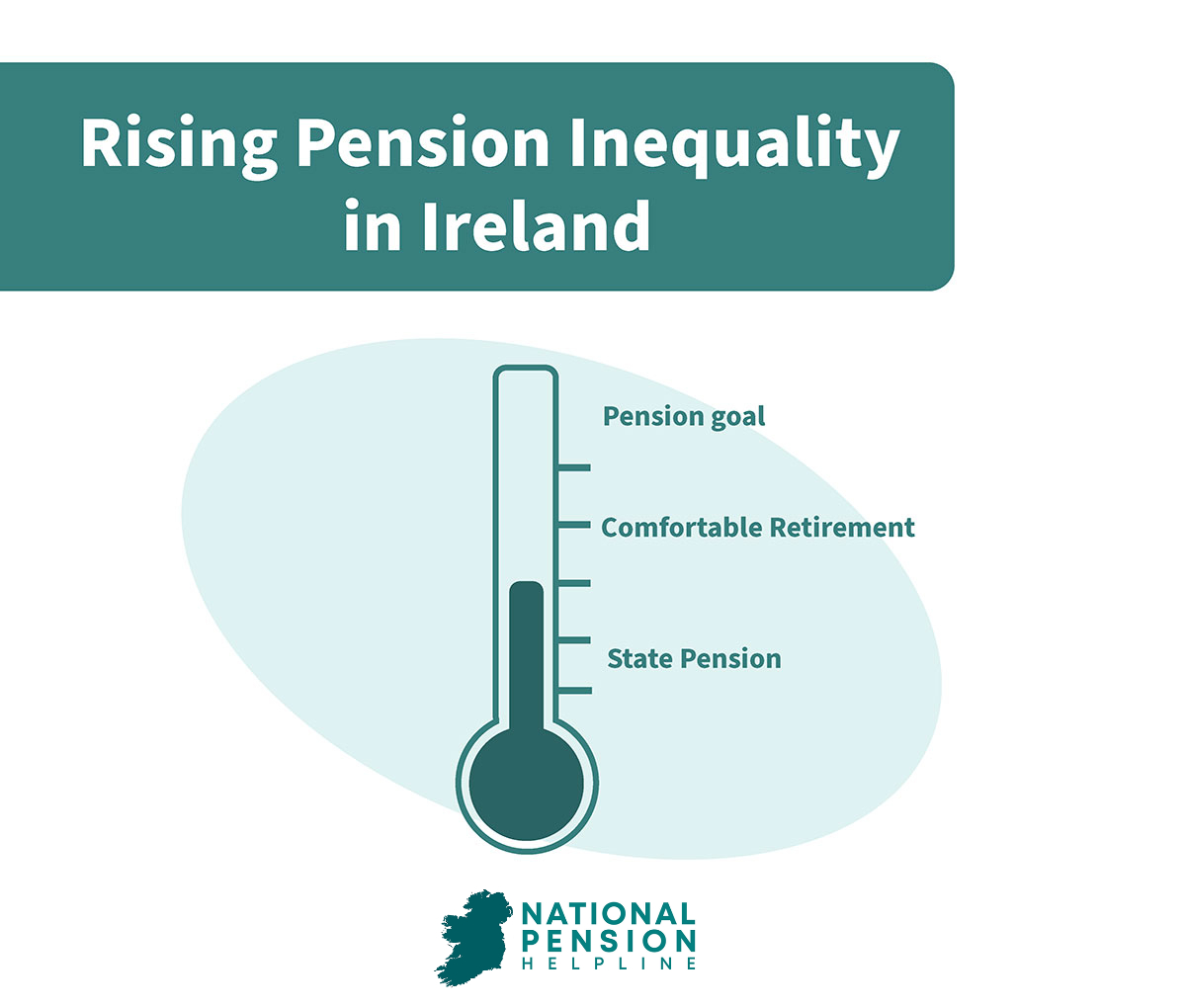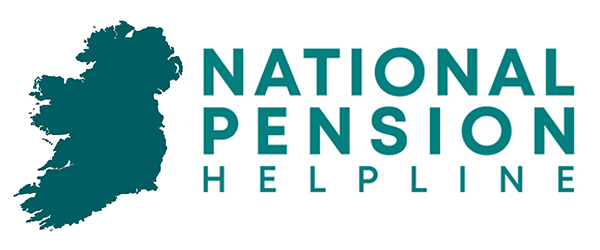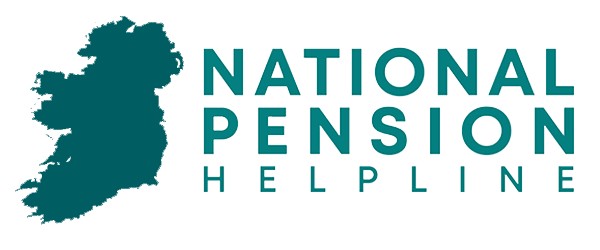Pension inequality refers to the idea that people face different pension outcomes when they reach pension age, regardless of how hard they may have worked in their career.
Some people will have to rely solely on the State pension while others have a large pension pot saved for their retirement.
There is an additional aspect of pension inequality that reflects wider inequality between men and women in Irish society and indeed between Irish nationals and non-Irish nationals in the State.
This article focuses solely on the economic inequality between those who do and those who don’t have a private pension plan.
Table of Contents
How many people in Ireland don’t have a pension plan?
According to the Central Statistics Office, around one in three people do not have a private pension or other plan for generating an income in retirement.
They expect to rely on the State pension which is currently €277.30 per week.
It is common for younger workers not to concern themselves with a pension and the statistics show that this trend has not reduced.
However, the data also reveals that a large cohort of people within the 55 to 69 years age group also have no tangible plan to fund their retirement.
For this group of people, the inequality ahead is looming fast. The reasons given for the lack of a pension plan include affordability, which was the most common reason given for not starting a pension.
People on lower salaries suggest that they simply could not afford to pay a premium from their income into a pension pot. Another large cohort of people maintain that they didn’t get around to setting up a private pension arrangement and now feel that they have left it too late to start.
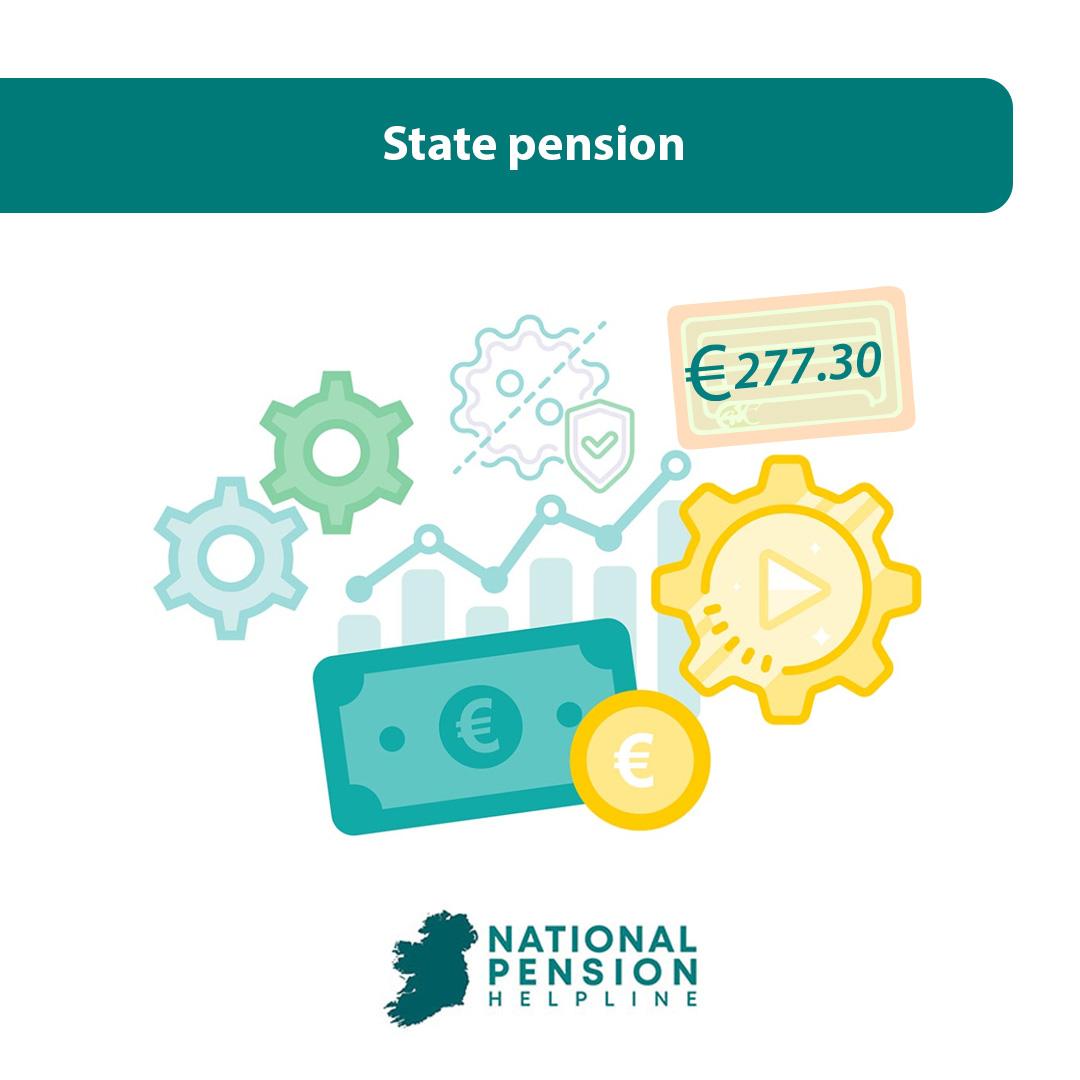
Is the State pension enough to support a person in retirement?
The State pension is a payment made to all people in the State who qualify for it. It is a weekly payment that is designed to cover the basic cost of living.
It is not generally considered to be enough to match the lifestyle you may have had while working. At €277.30 per week it is considered to be a subsistence payment.
New problems looming
Normally, a person in retirement in Ireland owns their own home, having paid off their mortgage.
This allows for a lower cost of living as you will not have a mortgage. Dependent children have normally left home by the time you reach retirement age also and this certainly reduces costs.
However, there is a new trend in home ownership and a growing housing crisis which adds to future inequality of pension provision.
We are seeing few solutions to the housing crisis. The price of homes continues to rise, the number of homes available still falls short of what is required and the cost of a mortgage continues to climb.
This has created a cascade of inequality which will reveal itself in future decades.
As individuals buy homes later and take out a mortgage for longer to reduce monthly repayment amounts, they are locking themselves into a situation whereby they may still be paying their mortgage in retirement.
Others may find it impossible to ever buy a home and will remain in rental accommodation throughout their careers and have to pay rent in retirement.
As this is a generational issue we will also see more children remaining in the family home as adults, continuing as a cost burden on their parents and not buying their own property. This has the potential to create a large inequality landscape.
A person that does not own their home outright, has dependent children and does not have a private pension arrangement, will be in a very vulnerable position.
Their income on the State pension will not be enough to cover the basic cost of living that they will face.
For this reason it is imperative to plan now for your retirement, regardless of what stage of life you are in. Even if you are in the later stages of your career you can create significant benefits that will carry you through your retirement.
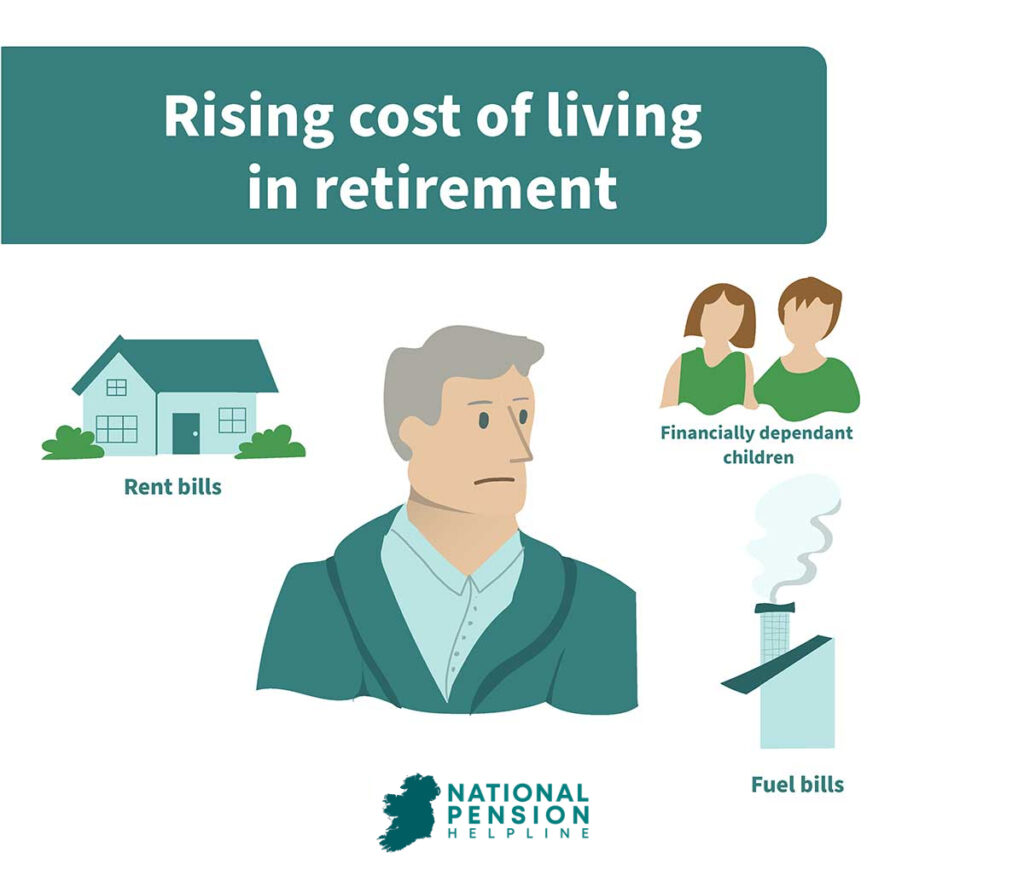
What is the Government doing to plan for better pension provision?
The Government is attempting to plan for better pension provision by introducing an auto enrolment pension scheme.
This is a system of pension provision that allows people who don’t have a private pension to enrol in a State-sponsored pension scheme.
This is a common approach across Europe. In order to encourage people to take up membership of the scheme, the Irish system will operate an opt-out approach rather than an opt-in system.
What this means is that everyone who meets the income threshold to take part in the scheme who doesn’t already have a private pension membership will automatically be enrolled in it through their company’s payroll.
They have the option to opt-out if they feel they cannot afford it but can also return to it at a later stage if their income improves. You can read more about Ireland’s plans to introduce auto enrolment plans here.
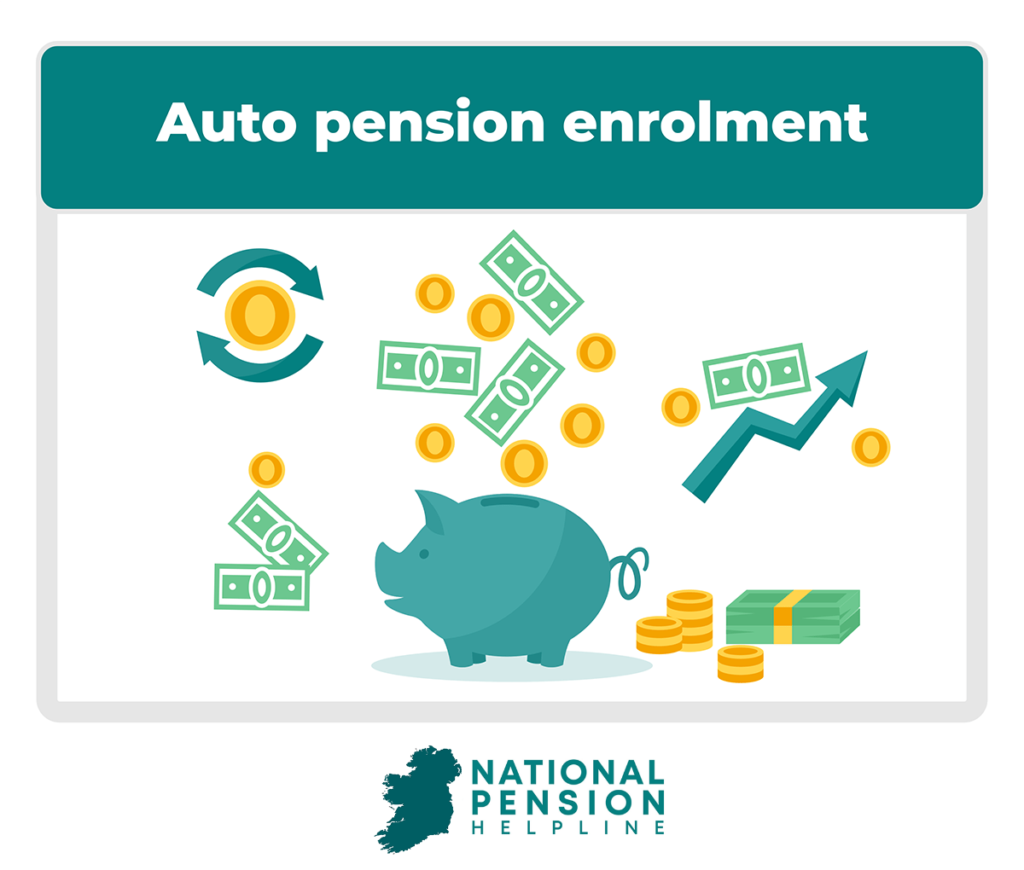
What can I do to plan for retirement?
Anyone who is concerned about their pension provision should seek advice from a qualified pension provider.
They will be able to analyze your personal situation and come up with plans to help you protect your retirement and ensure that you have adequate income to match your ambitions for this period of your life. You can contact a pension advisor here.

